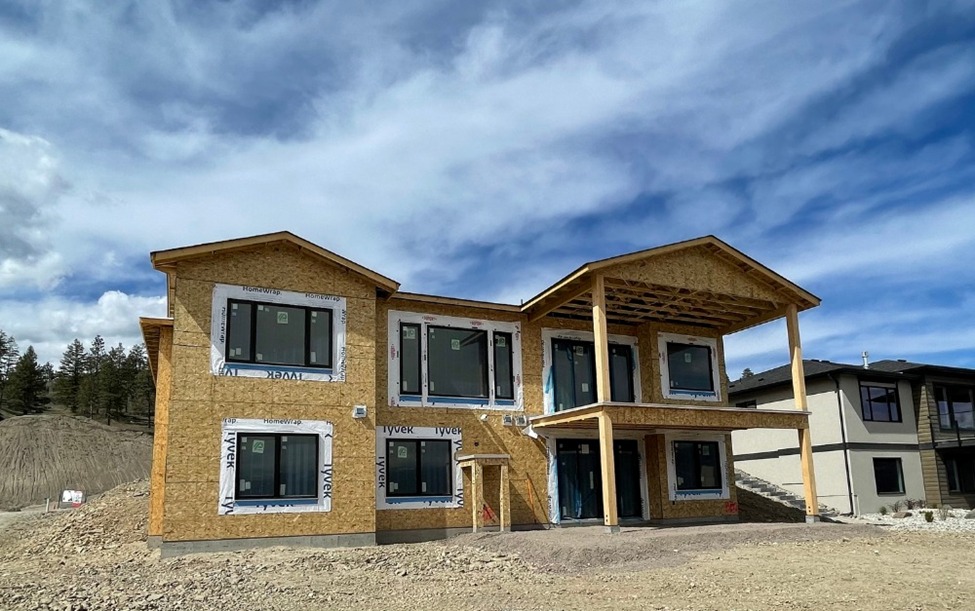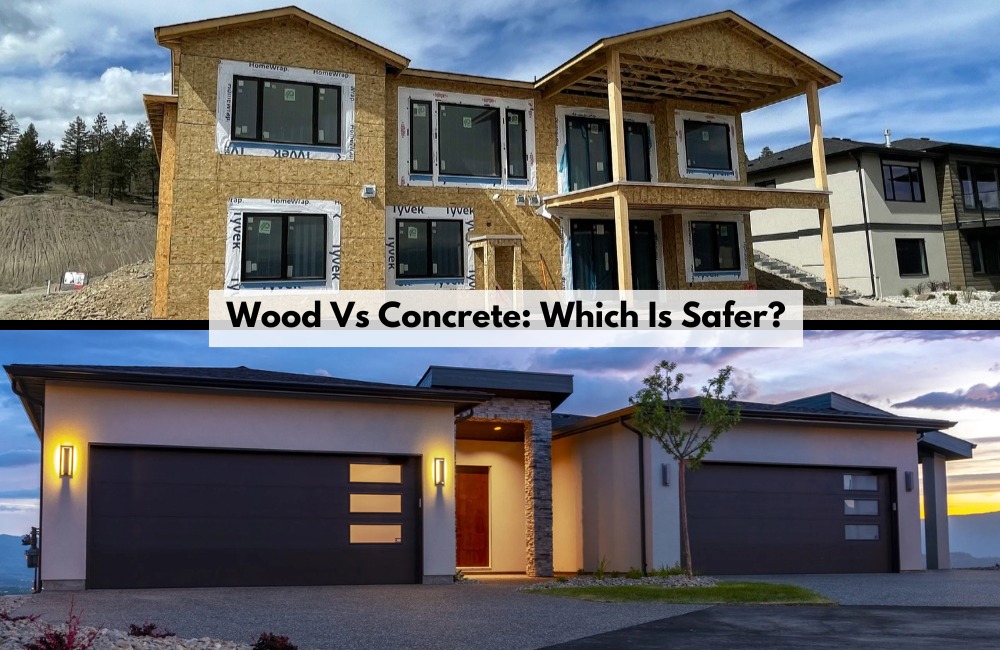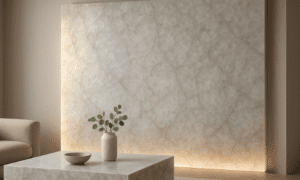Are you ready to move ahead with your decision to build a house? As a homeowner, your primary concern should be to pick the right construction material. If the choice is between wood and concrete, and you are in a dilemma as to which one to use, a lot depends on your preferences.
But if you ask the custom home builders in Kelowna, you are likely to get better insights on the durability of the home and the strength of the construction. For homebuyers, the building material used may impact their decision to purchase. But a majority of them are going to weigh different options before choosing the material.
Materials for Different Types of Buildings
Often, the architectural style of the house you are planning to construct will determine your decision. For instance, if a home has three or more storeys, it will have concrete as the construction material. On the other hand, single-family homes or townhomes are most likely to have wooden frames.
The decision differs based on the sturdiness or the durability of the structure. Another thing to consider is the location of the house. For homes situated in the downtown, concrete is likely to be the choice, whereas homes in the lower mainland in wooden frames. If you are investing in a multi-generational house, you need to consider the privacy options as well. Wooden houses are less soundproof compared to concrete used in condos and shared buildings. Why don’t you have a heart-to-heart discussion with Dilworth Homes about designing custom home plans to make more informed decisions about the structural material? That way, you can sneak into different building types and the material to choose from.
Pros and Cons of Wooden Buildings
Wood has been one of the preferred materials used in construction for generations. But lately, more and more people are giving up on using wood due to environmental reasons. However, you need to still consider the pros and cons of wooden construction:
Pros
· Light Material
Wood is in itself robust, although compared to other materials may make it light and flexible. Due to structural supremacy, it is easier to bend or break. But wood cannot be stretched or compressed. Overall, it is a light material and hence may not be an appropriate choice in several cases. But the tensile strength of wood is higher and is a good choice for supporting specific building designs.
· Thermal and Electrical Insulation
Wood is resistant to high temperatures and hence it becomes stronger when the material dries up. On the other hand, the low conductivity to heat makes it appropriate to be used in different parts of the building like doors, floors, ceilings, and walls. Unlike metals, wood is resistant to electric current making it safe for several structures.
· Sustainability
Wood is a renewable resource and can be used over and over again but large-scale deforestation is gradually making it a scarce resource.
· The Beauty of Wooden Structures

Wooden home structures are aesthetically appealing due to their natural beauty. It is largely used for interior design details or in exterior facades.
Cons
· Pest Infestation And Rotting
Wood cannot resist water and moisture and is susceptible to pest infestation and rotting.
· Risk of Burning
If firesafety is one of your concerns, wood is not one of the materials you should prioritise as it burns quickly, emitting toxic materials.
· High Maintenance and Quick Aging
If you choose wood as one of the materials for home construction, you need to repaint the structure over and over again to prevent it from aging. Eventually, wood may weaken and reduce the durability of your home due to the impact of weather. Therefore, wooden houses may pose safety hazards.
Pros and Cons of Concrete Construction

Compared to other materials, concrete is used more oftenand it has been used for thousands of years now.But what are the pros and cons of using concrete in construction? Read on to know about the advantages and disadvantages of concrete, such as its durability, versatility, strength, cost and so much more.
Pros
- Cost-Effective
Concrete is an economical choice compared to other economical materials and is more resilient, durable, energy-efficient, and comes with low maintenance cost.
- Energy-Effective
With concrete used in houses, the internal temperatures can be moderated greatly. Moreover, the heating and cooling costs can be reduced by almost 10%
- Durable
Concrete tends to become stronger than other materials and hardens quickly at optimal temperature conditions. Irrespective of weather conditions, concrete retains its physical strength and durability.
- Resistant To Water And Heat
The tolerance limit of concrete is higher compared to metals and prevents it from deteriorating quickly.
- Versatile Material
Concrete when mixed freshly can be made into different surfaces and textures.
Cons
- Tendency To Deform
Concrete may deform without warning being a quasi-brittle material.
- Low Tensile Strength
Due to low tensile strength cracks may occur in concrete and the material may shrink when the moisture content dries up.
- Require Skilled Workers
Concrete construction requires workers with special qualifications and need rigorous quality control when curing, placing, and mixing.
When choosing the construction material for your house, explore the townhomes for sale in Kelowna to get valuable insights. Besides, factor in aspects like environmental impact, limitations, and cost implications before making the decision.



































